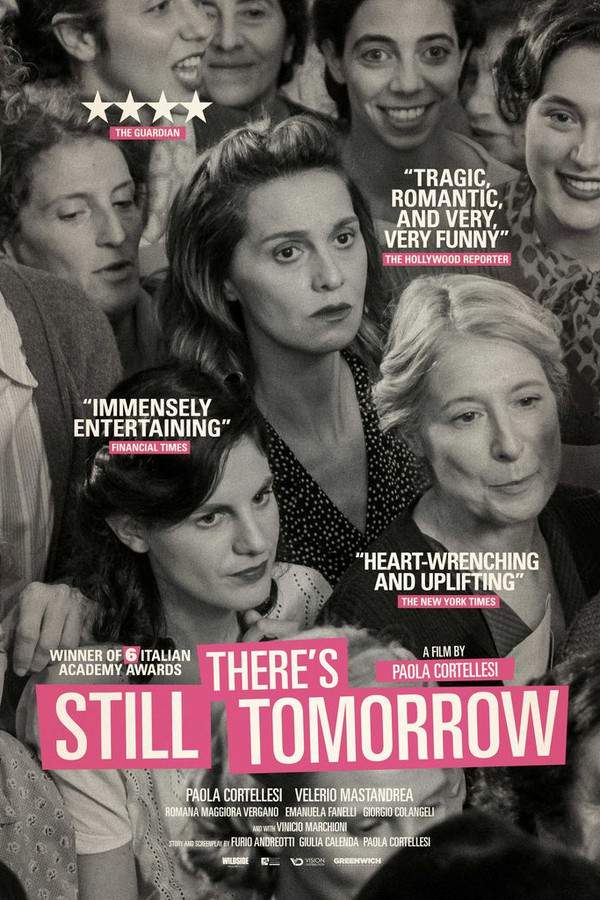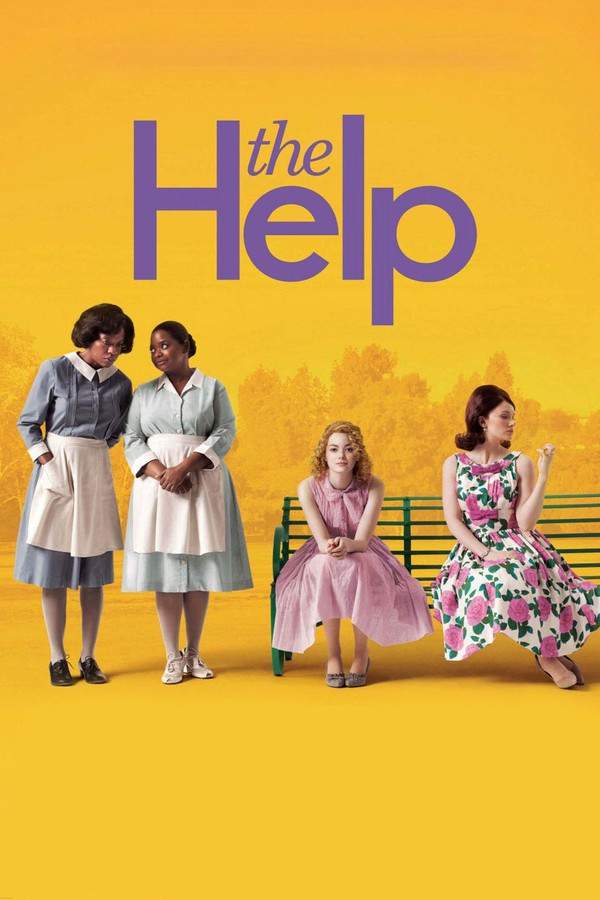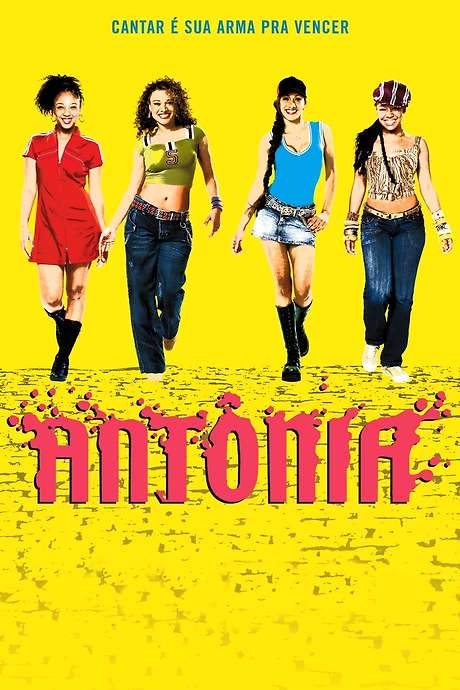
There's Still Tomorrow
Set in postwar Rome, a working-class woman struggles with an abusive husband while striving for a brighter future for her daughter. A surprising letter sparks a newfound courage within her, prompting her to confront her circumstances and seek a different path.
Warning: spoilers below!
Haven’t seen There's Still Tomorrow yet? This summary contains major spoilers. Bookmark the page, watch the movie, and come back for the full breakdown. If you're ready, scroll on and relive the story!
There's Still Tomorrow (2025) – Full Plot Summary & Ending Explained
Read the complete plot breakdown of There's Still Tomorrow (2025), including all key story events, major twists, and the ending explained in detail. Discover what really happened—and what it all means.
In the aftermath of War, specifically in May 1946, the streets of Rome are filled with the sounds of Allied military troops driving around in Jeeps, while the city grapples with the challenges of poverty. This dismal landscape is underscored by the looming institutional referendum and the crucial election of the Constituent Assembly scheduled for June 2 and 3.
At the heart of this turmoil is Delia, a resilient woman caught in the harsh grip of her abusive husband Ivano (Valerio Mastandrea), and the devoted mother of three children, including her spirited teenage daughter, Marcella (Romana Maggiora Vergano). Amid her daily domestic obligations, Delia must also care for her bitter father-in-law, Ottorino (Giorgio Colangeli), while juggling various sewing and laundry tasks for affluent locals and city shops. Her friends play significant roles in her life, including Nino, a kind-hearted mechanic hopelessly in love with her, the optimistic market greengrocer Marisa, and William (Yonv Joseph), an African American soldier eager to assist her in breaking free from her oppressive circumstances.
Life takes a turn for Delia when Marcella announces her engagement to the charming but entitled Giulio Moretti, the heir to a family fortune built around a popular ice-cream parlor. Delia quickly realizes that this union could lead her daughter down the same painful path she herself endured, marked by violence and denigration. After a tense Sunday lunch with her future in-laws, where Giulio’s indoctrination of wealth and privilege becomes evident, Delia’s instincts kick in. Using the support of William, she resorts to drastic measures by blowing up Giulio’s bar, forcing his family to lose their fortune and vacate the area. Though Marcella is crushed by this turn of events, Delia feels a surge of empowerment, spurred on by the arrival of her first voter’s card in the mail—a potent symbol of her newfound agency.
Struggling with her domestic life, where her father-in-law’s unexpected passing brings a throng of relatives into her home, Delia remains determined to cast her vote in the upcoming election. However, in a twist of fate, she misplaces her voting card, which first falls into the hands of Ivano, then into the hands of Marcella, who chases after her mother to return it. This moment becomes pivotal, as driven by a fierce desire for change and personal liberation, Delia prepares to assert her presence at the polls—a first for many women in Italy, marking a monumental stride toward independence.
Delia, who had saved 8000 Lire from her meager earnings—initially meant for a wedding dress for Marcella—courageously redirects these funds towards financing her daughter’s education instead. Her journey illustrates a powerful narrative of resistance and hope in the face of adversity, ultimately blossoming into a tale of women’s empowerment as she strives to reclaim her identity and that of her children amid the political upheaval of the times.
Last Updated: January 27, 2025 at 22:39
Explore Movie Threads
Discover curated groups of movies connected by mood, themes, and story style. Browse collections built around emotion, atmosphere, and narrative focus to easily find films that match what you feel like watching right now.
Movies about hopeful journeys from oppression like There's Still Tomorrow
Stories of quiet resilience and gradual empowerment against overwhelming adversity.Find more movies like There's Still Tomorrow that explore quiet resilience. If you enjoyed watching a character find strength in the face of overwhelming adversity, these similar stories of gradual empowerment and hopeful futures will resonate.
Narrative Summary
These narratives typically center on a protagonist enduring a bleak situation, often with a domestic or societal focus. A catalyst—be it an event, person, or realization—sparks a slow-burn awakening, leading to a journey where hope is earned through courage and sacrifice, rather than given.
Why These Movies?
We group these films together because they share a powerful and specific emotional mix: the palpable weight of oppression paired with an unwavering, often hard-won, sense of hope. They connect through their focus on character-driven resilience and the transformative power of small, brave choices.
Bittersweet empowerment dramas with endings like There's Still Tomorrow
Triumphs that come with a cost, where victory is measured in sacrifice and growth.Explore movies similar to There's Still Tomorrow that feature bittersweet endings. If you appreciated the complex victory where Delia secures a future through sacrifice, these films about empowerment with a poignant cost will capture that same powerful feeling.
Narrative Summary
The narrative arc involves a protagonist breaking free from a constricting situation, but their liberation or success is intertwined with loss. The ending acknowledges the pain of the journey and the price of change, resulting in a finale that is uplifting yet deeply poignant, celebrating hard-won agency without glossing over the scars.
Why These Movies?
These films are united by their specific emotional payoff: a victory that feels earned yet is undeniably tinged with sadness. They resonate with viewers seeking stories that reflect the complex reality of change, where progress and pain often coexist.
Unlock the Full Story of There's Still Tomorrow
Don't stop at just watching — explore There's Still Tomorrow in full detail. From the complete plot summary and scene-by-scene timeline to character breakdowns, thematic analysis, and a deep dive into the ending — every page helps you truly understand what There's Still Tomorrow is all about. Plus, discover what's next after the movie.
There's Still Tomorrow Timeline
Track the full timeline of There's Still Tomorrow with every major event arranged chronologically. Perfect for decoding non-linear storytelling, flashbacks, or parallel narratives with a clear scene-by-scene breakdown.

Characters, Settings & Themes in There's Still Tomorrow
Discover the characters, locations, and core themes that shape There's Still Tomorrow. Get insights into symbolic elements, setting significance, and deeper narrative meaning — ideal for thematic analysis and movie breakdowns.

There's Still Tomorrow Spoiler-Free Summary
Get a quick, spoiler-free overview of There's Still Tomorrow that covers the main plot points and key details without revealing any major twists or spoilers. Perfect for those who want to know what to expect before diving in.

More About There's Still Tomorrow
Visit What's After the Movie to explore more about There's Still Tomorrow: box office results, cast and crew info, production details, post-credit scenes, and external links — all in one place for movie fans and researchers.























